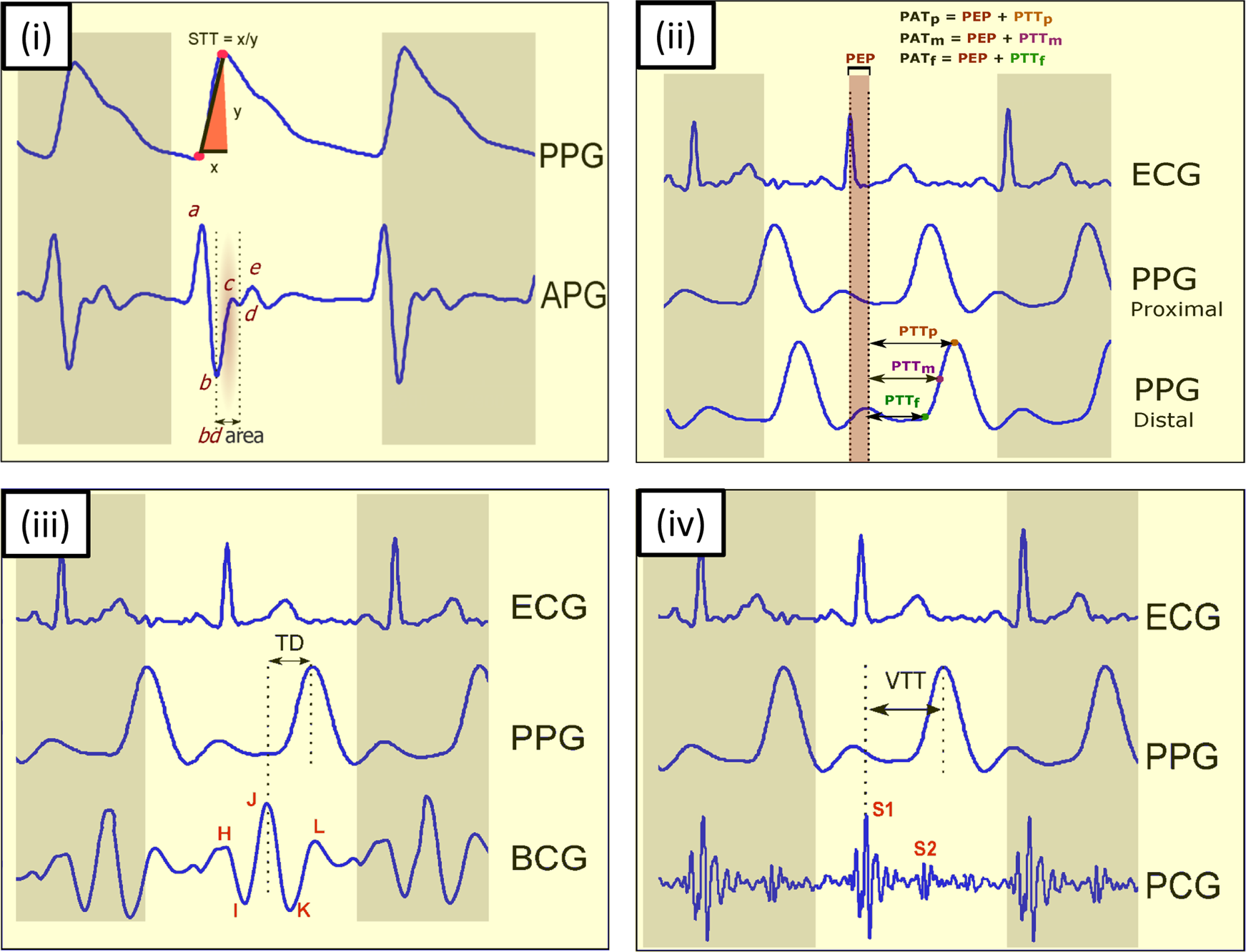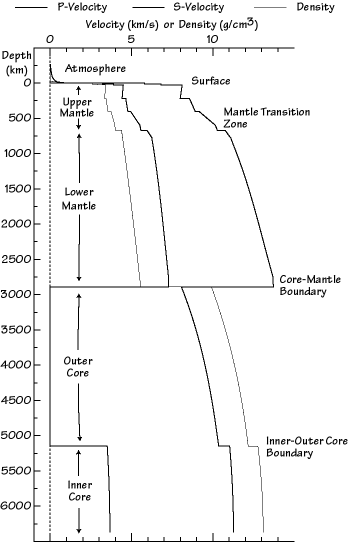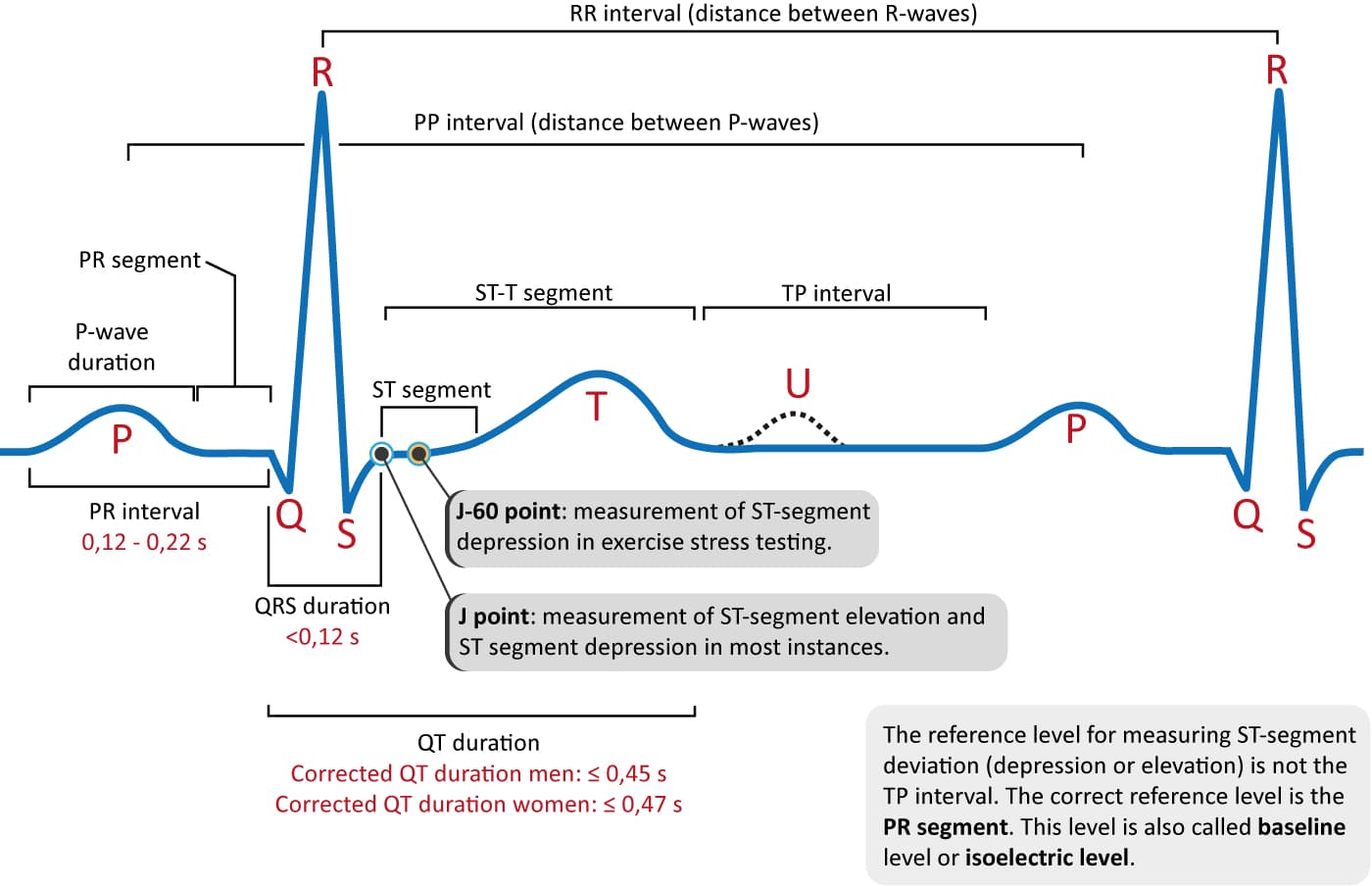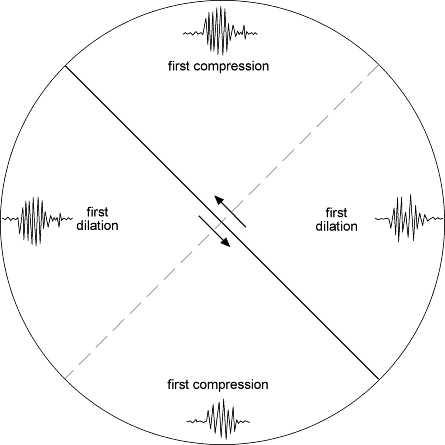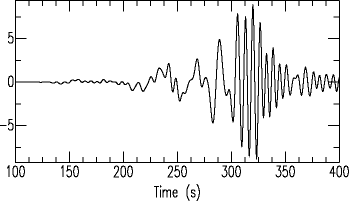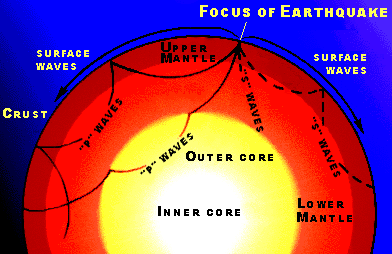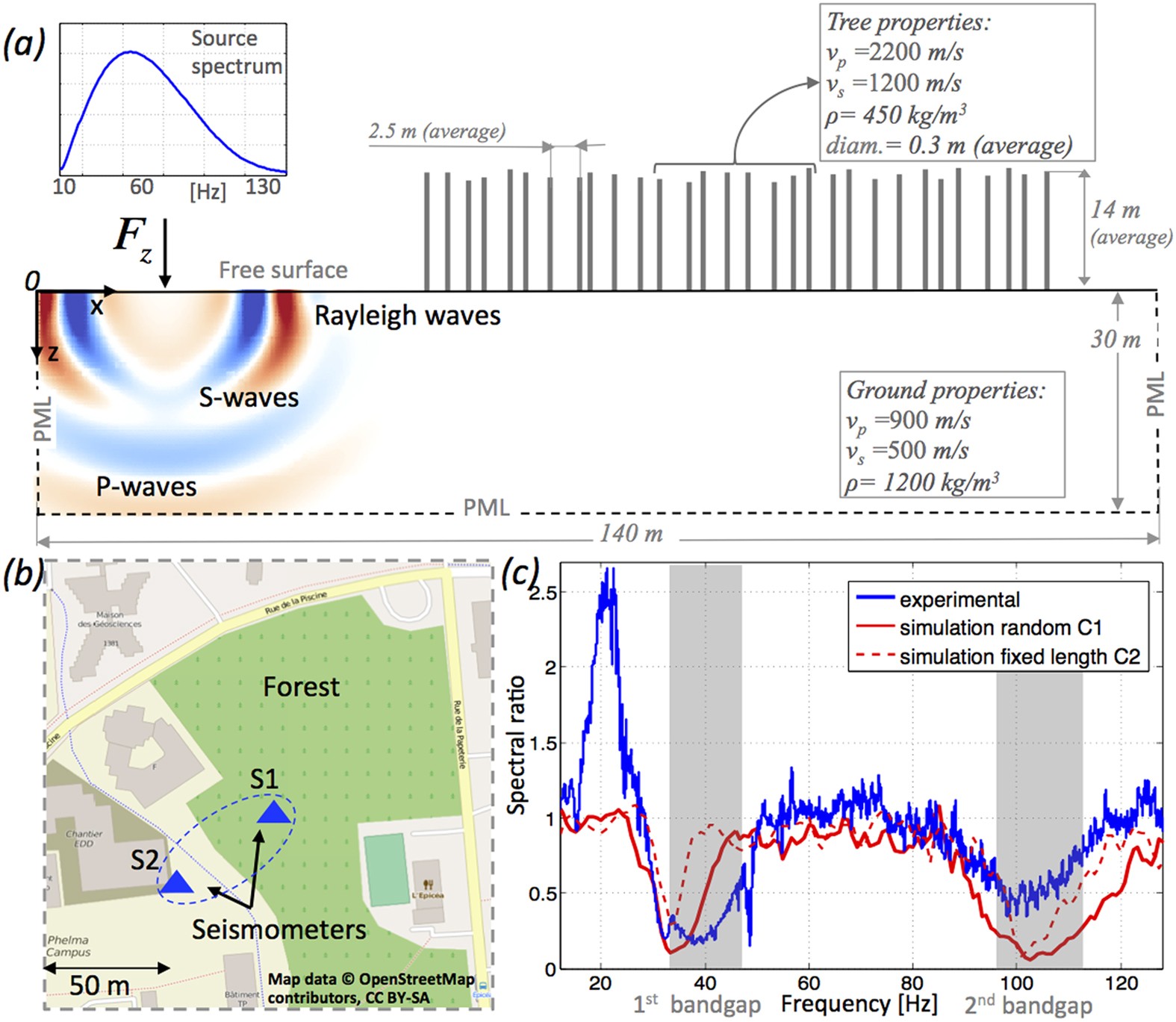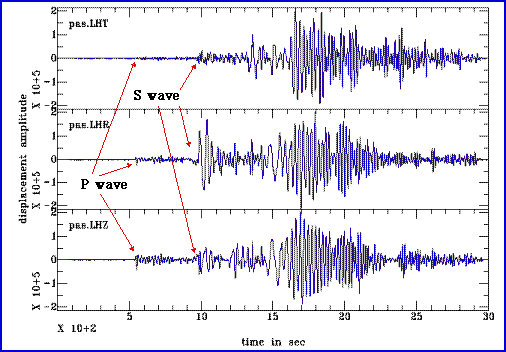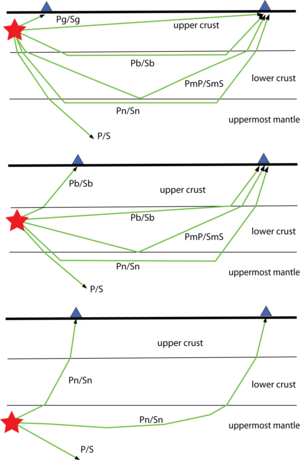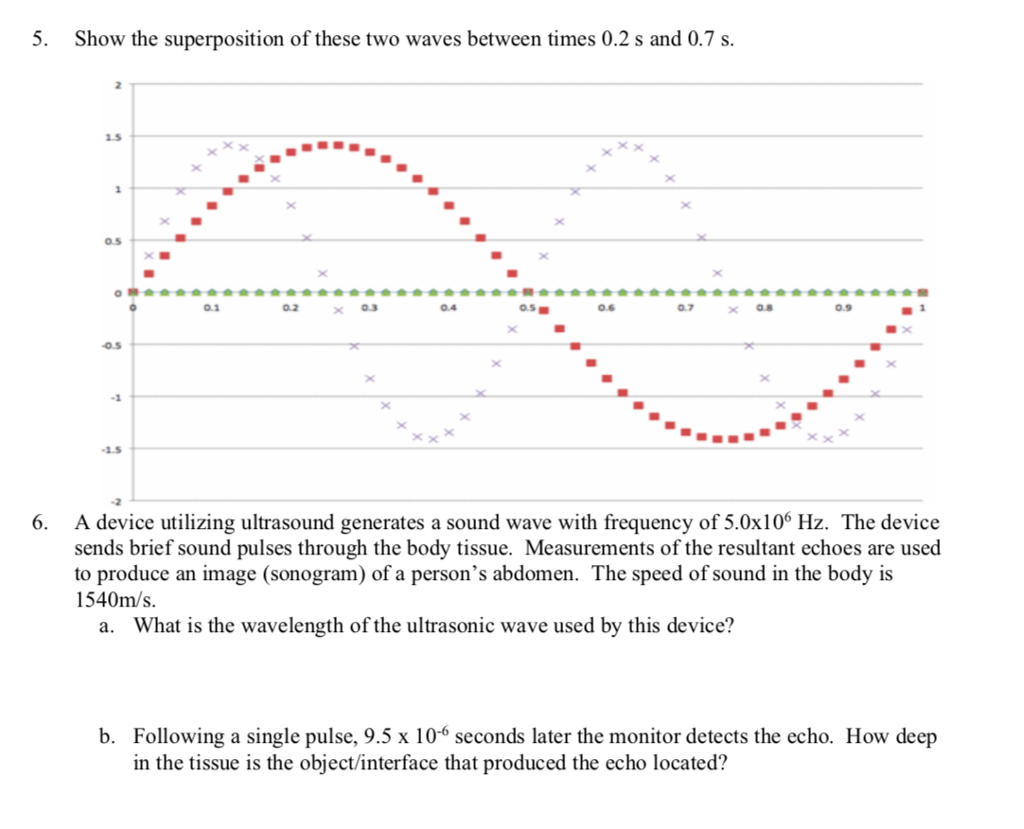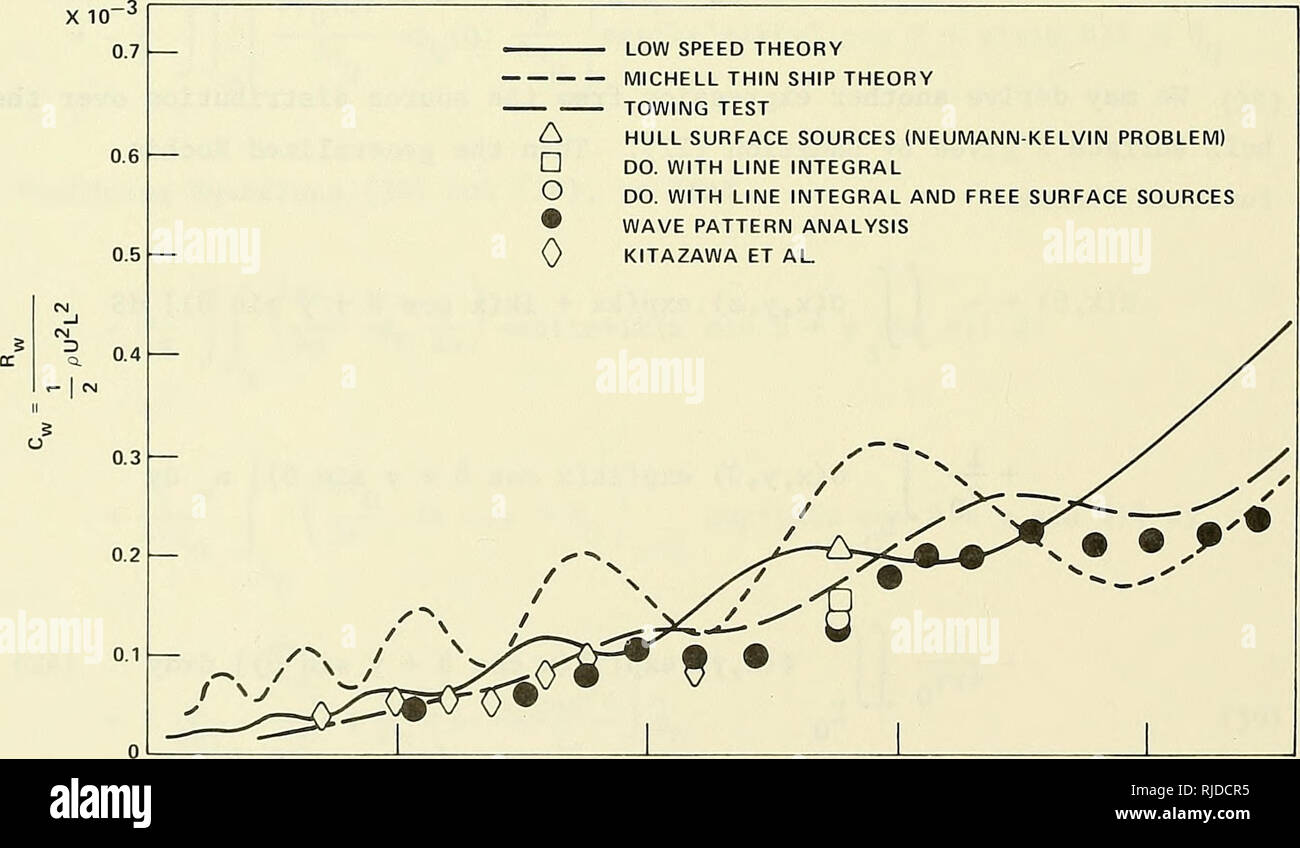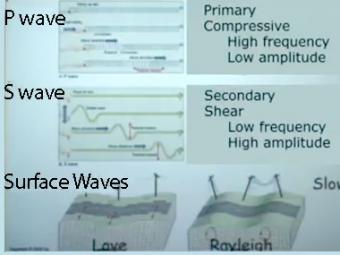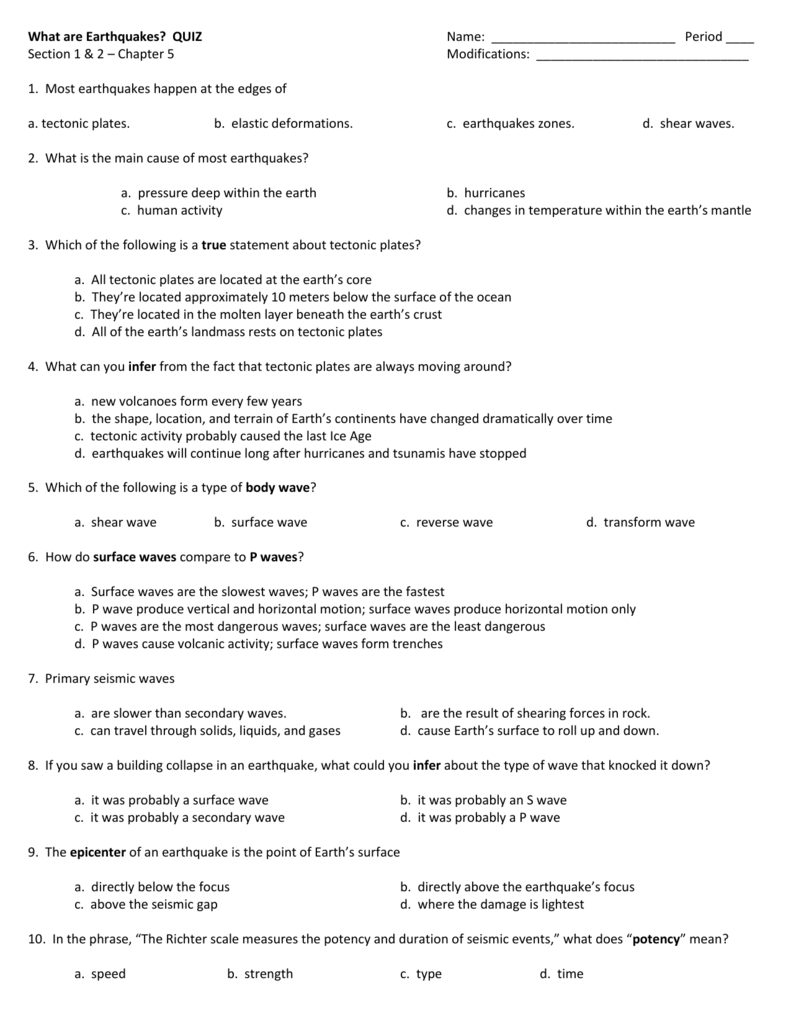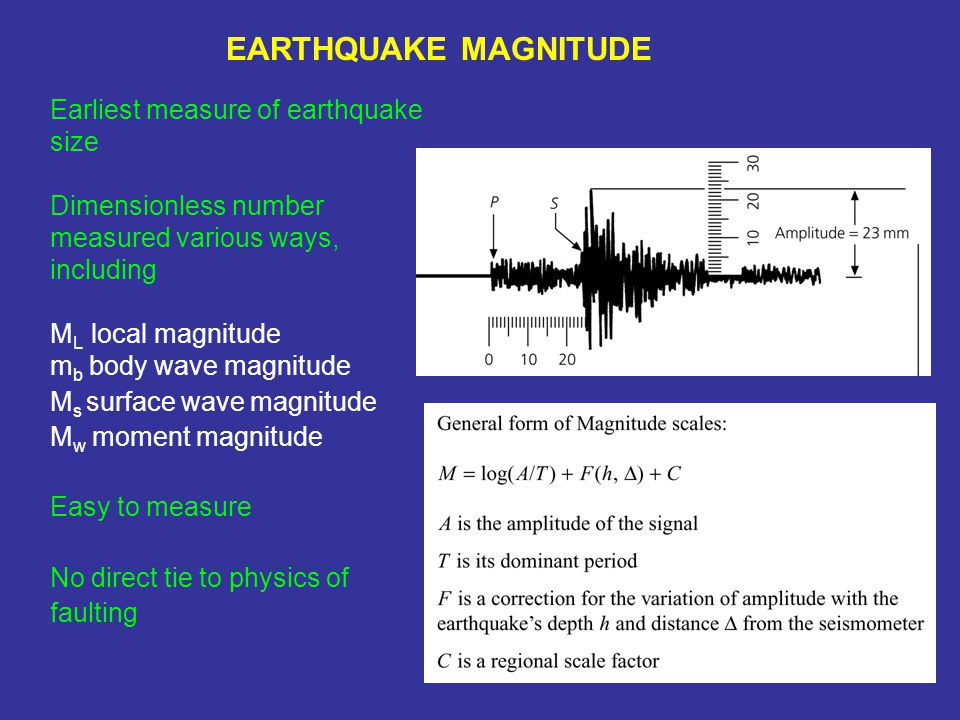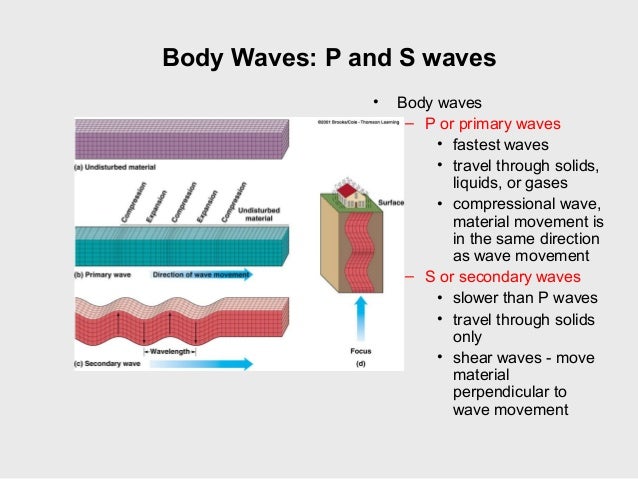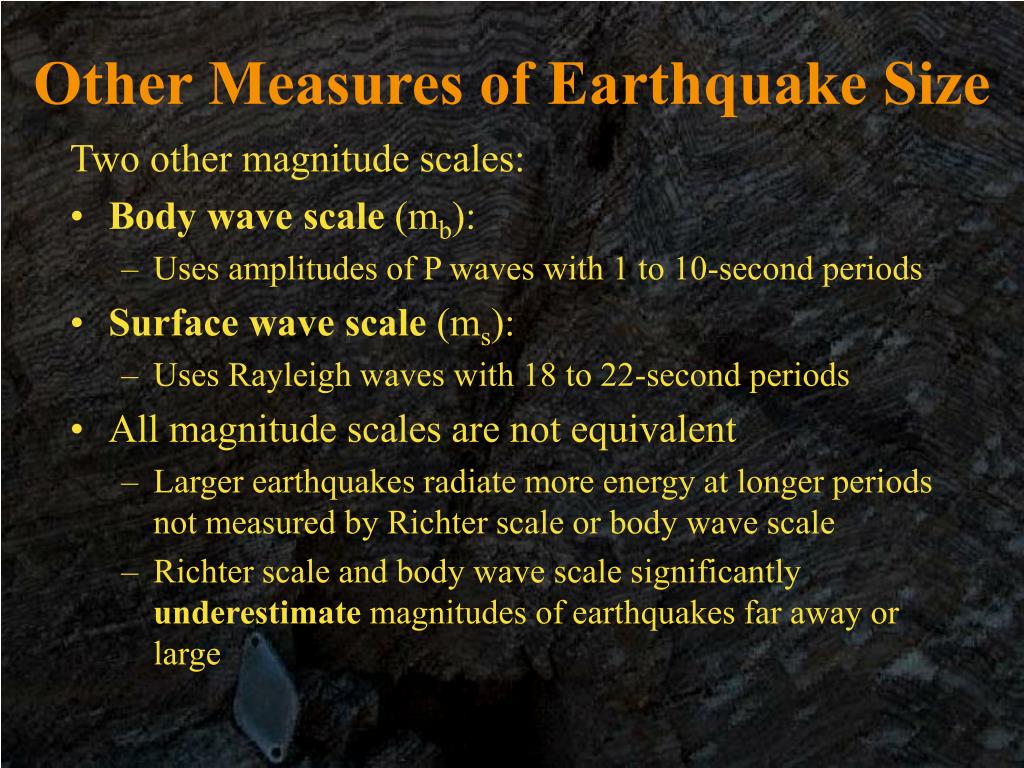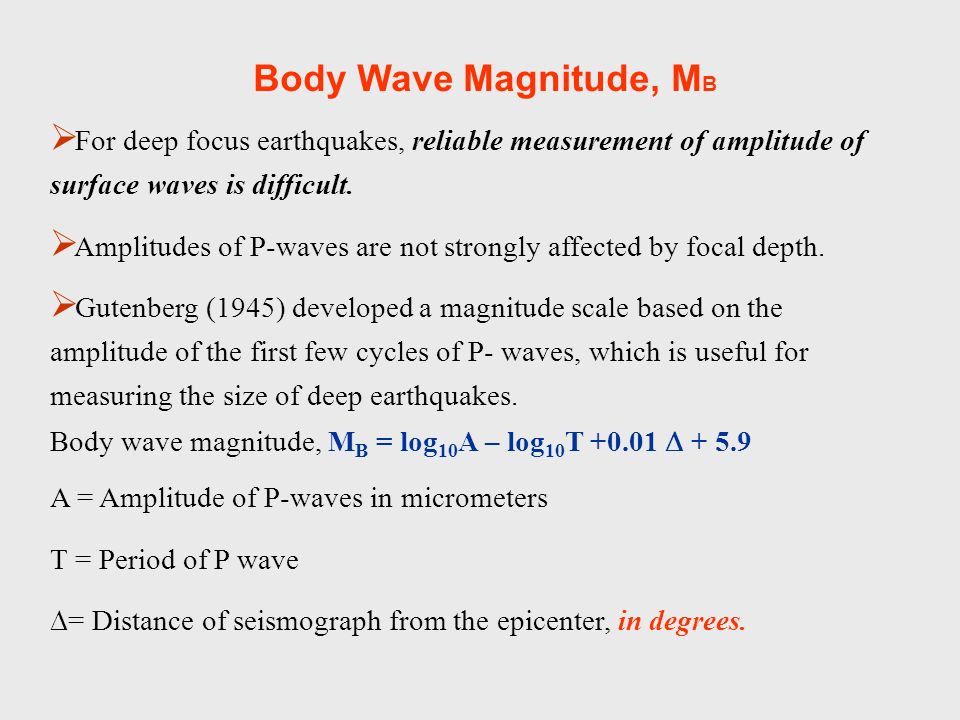
Measurement Of Body Waves
Waves are generated by forces that disturb a body of water. This type of seismic body wave travels at the greatest velocity through the ground. Every wave has a high point called a crestand a low point called a trough. A body wave perm is a looser type of wave that is created by using a larger curling roller for the permthis type of perm is perfect for anyone with a naturally straight hair type wanting a more natural looking texture and a looser curl but doesnt want to use a styling tool every day to achieve the look. This is a less common measurement although it is often used for. P and s waves sharing with the propagation.
Accelerometer mounted on meteorological or other buoy. The first type of body wave is called the primary wave or pressure wave and is commonly referred to as p waves. If you can sight along several wave tops in a row when in a trough then the waves are about three feet high which is what most of us judge to be six footers sight along the gunwale about two feet off the water to judge smaller waves. Stand up to raise your eyes to six feet or more to judge larger waves. Wave measurement wave generation. Seismic moment is measured in newton meters n m or nm in the si system of measurement or dyne centimeters dyn cm in the older cgs system.
Measurement of waves sea state estimated by observers at sea. The height of a wave from the center line to its crest is its amplitude. See section 12562 for more details on how t is measured. Body wave studies typically derive q structure from the measurement of t t star which is defined as follows. Very close to the seismic sources of great earthquakes investigators have measured large wave amplitudes with accelerations of the ground exceeding that of gravity 98 metres or 322 feet per second squared at high frequencies and ground displacements of 1 metre at low frequencies. They can result from a wide range of.
In the simplest case the moment can be calculated knowing only the amount of slip the area of the surface ruptured or slipped and a factor for the resistance or friction encountered. A quick way to determine the distance from a location to the origin of a seismic wave less than 200 km away is to take the difference in arrival time of the p wave and the s wave in seconds and multiply by 8 kilometers per second. Looking out at the water an ocean wave in deep water may appear to be a massive moving object a wall. Gauges may be mounted. Body waves travel in three dimensions and can move through the interior of the earth. The distance between waves from crest to crest or trough to trough is its wavelength.
T d s qv where the integral is taken along the body wave path and v is the wave velocity. This is perhaps the most common observation included in early tabulations of.
Random Post
- rxz body measurement
- current body measurements
- measurement of human body parts and dimensions
- healthy mummy body measurement chart
- body trunk measurement
- body measurement body shape
- neeru bajwa body measurement
- elbow measurement body frame size
- inna body measurement
- julia montes body measurement
- shobha shetty body measurement
- take body measurements male
- body frame elbow measurement
- anthony joshua body measurement
- effect of hydration on body fat measurement
- gautam rode body measurement
- feroze khan body measurement
- olivia jade body measurement
- weight of body measurement
- megha karpe body measurement
- gym body measurements
- catherine paiz body measurement
- keith sequeira body measurement
- body measurement chart excel
- carrie fisher body measurement
- the body of rules and procedures that guide the measurement
- siddharth desai body measurement
- april rose body measurement
- body fat measurement using calipers
- sana mir body measurements
- lucy robson body measurements
- meera deosthale body measurement
- body fat pinch measurement chart
- body fat measurement victoria bc
- faith nketsi body measurement
- free printable body measurement worksheets
- pooja bhatt body measurements
- wear a bra when taking bust measurement
- body measurement template google sheets
- udita goswami body measurements
- bodybuilders arm measurement
- jada pinkett smith body measurement
- mg midget body measurements
- body armor measurements
- marco reus body measurements
- amy jackson body measurements
- rachel cook body measurements
- s&r body measurement
- ashanti body measurement
- vidyut jamwal body measurements 2020

